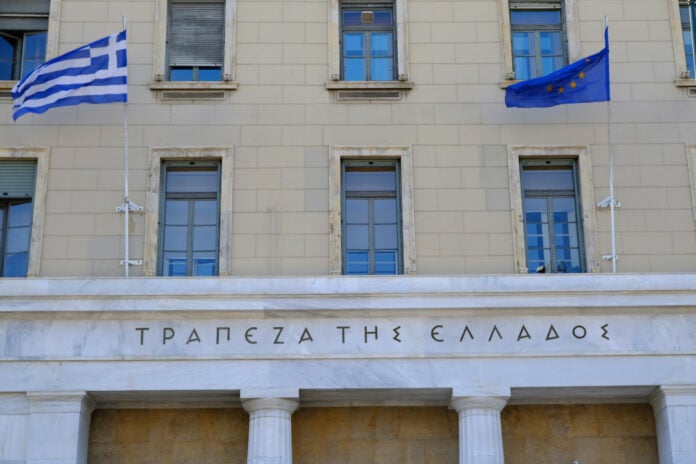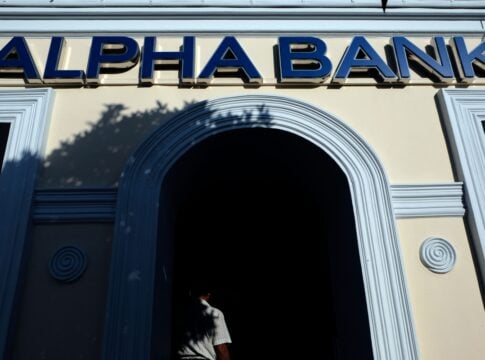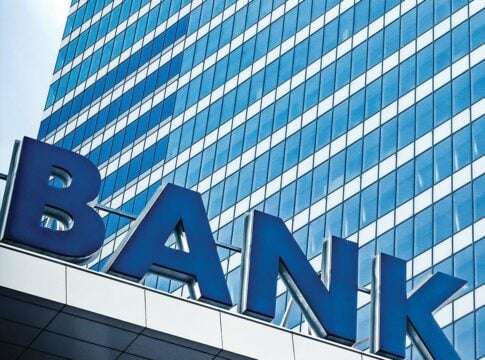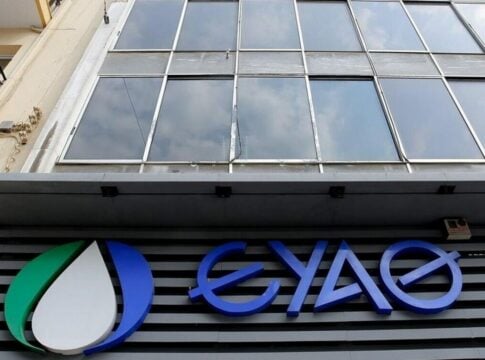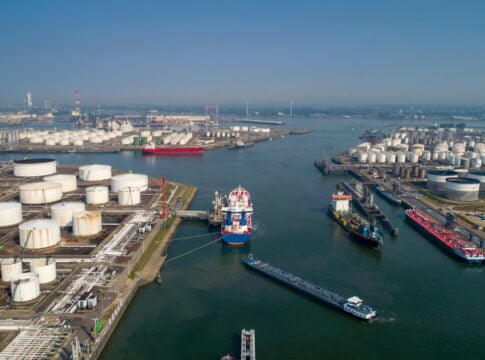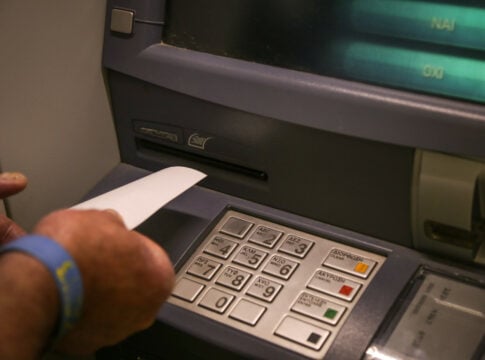The Greek economy will continue to outperform in the two-year period 2025-2026 as it is estimated that investments will continue to increase, thanks to the Recovery Fund resources.
In addition, the strengthening of employment will further increase private consumption. According to the Bank of Greece (BoG), the increased uncertainty due to US trade policy, the likelihood of non-absorption of resources from the Recovery Fund, delays in the implementation of reforms that contribute to strengthening competitiveness, as well as possible natural disasters could slow down the growth path of the Greek economy.
More specifically, the Bank of Greece estimated that in the two years 2025-2026, the Greek economy will grow at a rate of 2.3% and 2.1% respectively, recording a significantly higher growth rate compared to the eurozone. The main factors boosting economic activity will continue to be investment spending, thanks also to the contribution of European funds, and private consumption, due to the strengthening of real disposable income due to the continued increase in employment, wage growth and minimum wage increases. Another reason is the decline in inflation, which is estimated to fall from 2.9% this year to 2.3% in 2026 and 2.5% in 2027
In addition, public debt as a percentage of GDP will fall below 150% of GDP in 2025. At the same time, the Greek economy will continue to generate primary surpluses. The BoG estimates that the above factors are expected to contribute to the further improvement of the investment climate and to new upgrades of the credit rating.
Total exports of goods and services are seen growing by 3.5% on average in the period 2025-2026 and by 3.8% in 2027. However, the contribution of the external sector to GDP will be generally neutral on average in the coming years, due to the strong investment activity that is expected to increase imports (3.5%, 3.7%, 2.9% in the years 2025, 2026 and 2027 respectively).
In 2027, the Recovery Fund will complete its “cycle” negatively affecting the increase in public investment. However, it is predicted that even then the Greek economy will grow at a rate of 2%, supported by private consumption and increased exports.
Regarding inflation, the BoG predicts that it will decrease significantly in the next two years. “By the end of 2026, inflation will converge (towards the 2% threshold), but will remain slightly above it. However, a one-off increase in inflation to 2.5% is expected in 2027. Core inflation is expected to decline to 2.2% by 2027, mainly reflecting “the decline in non-energy industrial goods inflation and to a lesser extent in services inflation.”
Risks
The risks for the growth rate of the Greek economy are related to:
a) increased global political uncertainty amid tariffs imposed by the US on almost all countries in the world, which could lead to a reduction in global trade and investment,
b) natural disasters linked to the effects of the climate crisis,
c) a lower than expected absorption and utilization rate of the Recovery Fund funds
d) an increasing tightness in the labor market and
e) a delay in the implementation of reforms that would slow down the process of strengthening the competitiveness of businesses.
On the contrary, higher than expected tourism revenues will have a positive effect.


